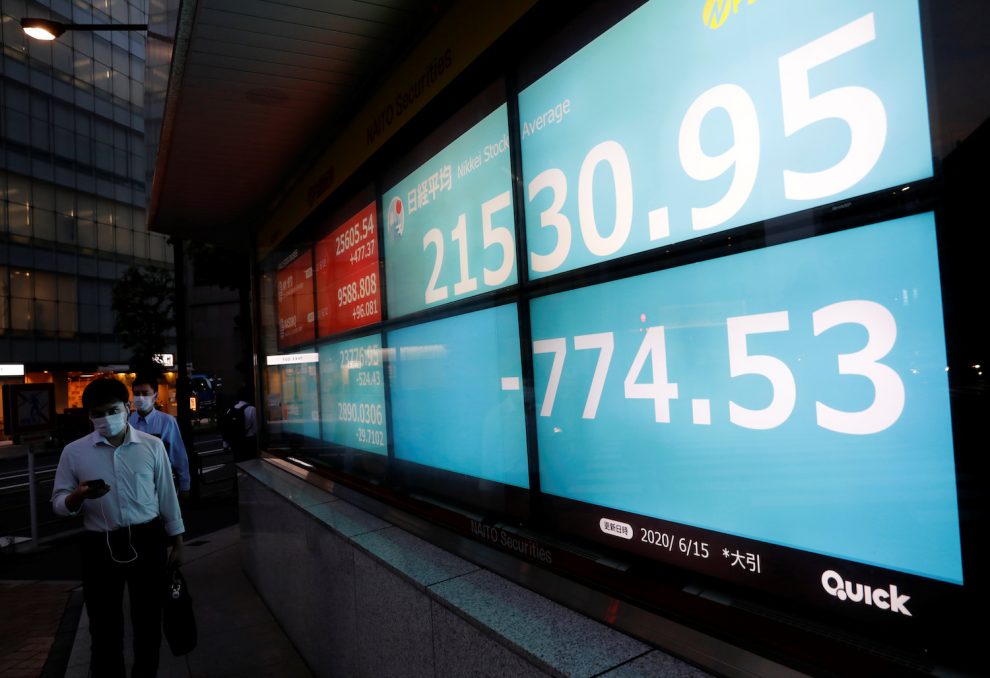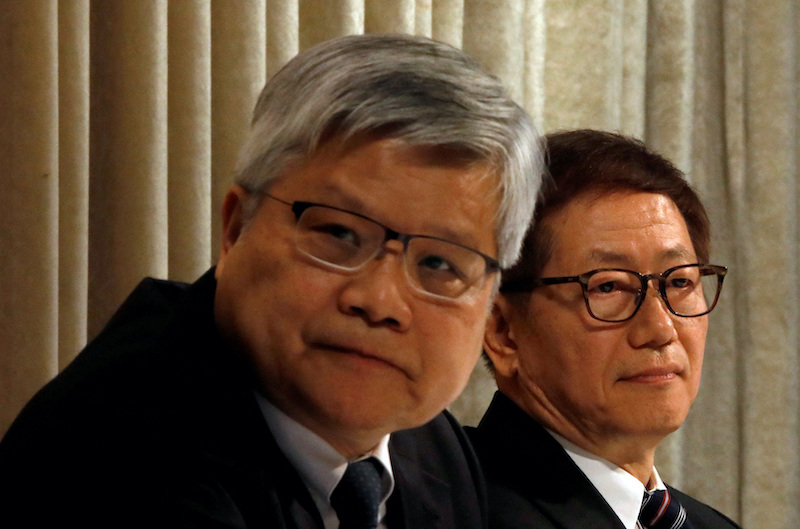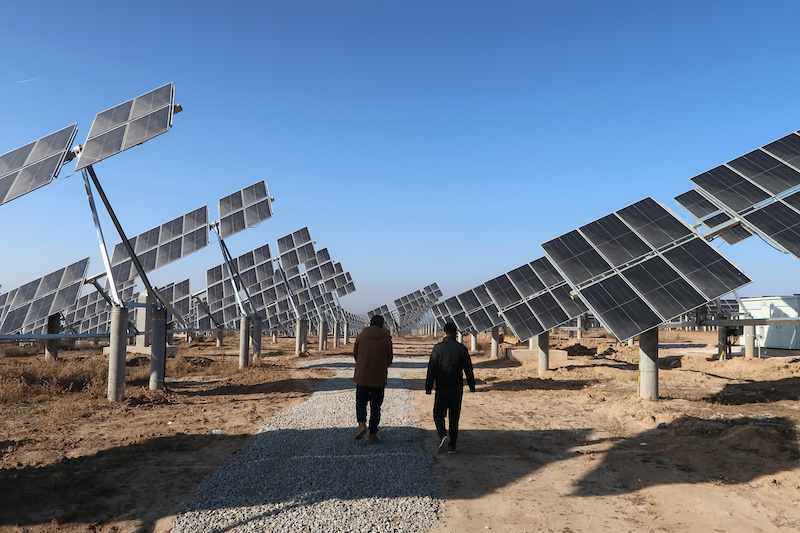(ATF) Hong Kong: Asian markets have turned defensive as the Covid pandemic resumed its destructive spread across the globe. While China appears to have made a quick recovery and is forecast to be the only major economy to post growth in 2020, analysts are predicting that any positive impact on the rest of the world is likely to be muted.
“While China’s rebound has led to gains in Chinese stocks, which have a weight of ~50% in the MSCI EM Asia index, it has done little for growth, and therefore equities, in most other Emerging Markets,” Oliver Allen, a markets economist at Capital Economics, said, while contrasting the current situation with the aftermath of the Global Financial Crisis a decade ago when a rapid economic rebound in China coincided with its current account surplus plunging.
China’s current account surplus ballooned to $110 billion in the second quarter and its trade surplus to $158 billion in the third quarter.
Oxford Economics strategists said MSCI China had retreated sharply since March and now trades on a price-to-book ratio which is well above its pre-crisis peak and almost two standard deviations above its 10-year average.
“In contrast, the emerging markets which typically benefit most from a China growth recovery remain relatively cheap – as a group their valuation multiples are broadly in line with their long-term average, and currently below the EM aggregate, which is relatively unusual from a historical perspective,” the research firm said in a note.
Japan’s Nikkei 225 index edged down 0.04%, Australia’s S&P ASX 200 tumbled 1.7%, Hong Kong’s Hang Seng index retreated 0.53% but China’s CSI300 inched up 0.17%. Reflecting the overall regional weakness, the MSCI Asia Pacific index eased 0.30%.
The global infection count from the pandemic has risen to 43.5 million and has doubled in less than two months. That is four times the tally in the middle of the year.
US Treasuries were marginally weaker with investors worried about the fiscal burden post the relief bill. The 10-year yield was marginally higher at 0.81%. It has climbed 15 basis points this month. More weakness is in store, according to analysts.
“We downgrade US Treasuries and upgrade their inflation-linked peers ahead of the US election on a growing likelihood of significant fiscal expansion with a Fed likely leaning against major yield increases,” BlackRock analysts said in a commentary.
They said a Democratic sweep outcome in the US election would move their assessment to a more pro-risk stance, while highlighting the risk that an election outcome that diminishes the likelihood of significant fiscal stimulus.
“The potential for fiscal spending – particularly in a Democratic sweep election outcome – could spur higher yields and a steeper yield curve.”
ATF China Bond 50 Index: Leading industrial and energy names lead rally in ATF indexes
Also on Asia Times Financial
Xi Jinping outlines plans for many years ahead
China may go for lower, higher-quality growth
China ratifies extradition treaties with Cyprus, Belgium
Amazon-Ambani fight for Future Group is just starting, lawyers say
Asia Stocks
· Japan’s Nikkei 225 index edged down 0.04%
· Australia’s S&P ASX 200 tumbled 1.7%
· Hong Kong’s Hang Seng index retreated 0.53%
· China’s CSI300 inched up 0.17%
· The MSCI Asia Pacific index eased 0.3%.
Stock of the day
HSBC Holdings rose as much as 5.4% after its third quarter earnings beat estimates. The European bank reported a less than feared 35% decline in quarterly profits amid an easing in bad loan provisions and an improvement in the outlook for its main markets, Gain Capital analyst Fiona Cincotta said.
“HSBC also announce significant changes to its business, including moving away from net interest income as a main source of income towards a fee-based focused business, whilst also accelerating plans to reduce the bank’s size and slash costs. This marks a huge shift in strategy but one that make absolute sense given the rock bottom interest rates that have dominated the banking scene for years and are look set to stay for the foreseeable future,” Cincotta said.
























